|
Last June, Australians with a HELP debt were slugged with a hefty 7.1% increase on their loans. This came as a very unwelcome surprise to many students and graduates with debts.
While student loans do not attract interest, they are indexed to inflation. This is a bit of a non-event when inflation is low. But times have changed. Now students and graduates are anxiously waiting to see what will happen on the next indexation date on June 1. As higher education expert Andrew Norton notes, the indexation of student debt is “arguably the federal government’s biggest political problem when it comes to universities”.
The government is currently considering a recommendation from the Universities Accord final report to try and make indexation fairer. It proposes setting indexation at the lower of the Consumer Price Index (which measures inflation) or the Wage Price Index (which measures wage increases).
But Norton says the government should be looking at another option. As he explains: “While the WPI would have lowered indexation in recent years, in most years it is higher than CPI. This means students would not necessarily be better off.”
Instead, Norton suggests indexation should be the lower of the CPI or a fixed maximum rate of 4%. “[This] would better protect HELP borrowers against unpredictable increases in their student debt.”
Meanwhile, some areas of New South Wales have been declared natural disaster areas following flooding over the weekend. Residents have been evacuated and disaster assistance is being provided.
Atmospheric sciences expert Kimbereley Reid explains what has been causing all the rain. As she notes, “this is the exact weather set up that caused the devastating floods in Lismore and other places in February to March 2022”.
|

|
Judith Ireland
Education Editor
|
|

Andrew Norton, Australian National University
The indexation of student debt is arguably the federal government’s biggest political problem when it comes to universities.
|
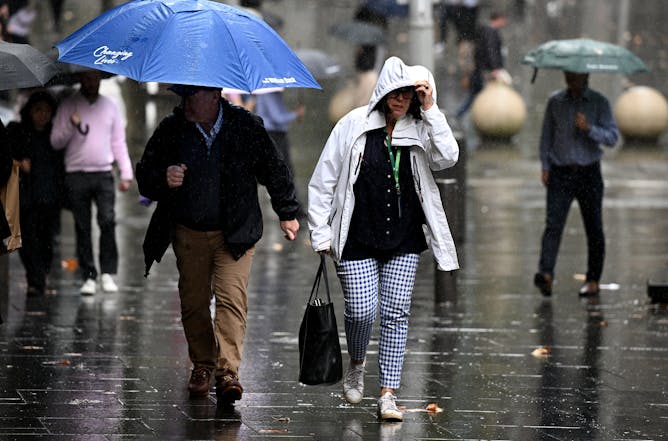
Kimberley Reid, Monash University
You might be wondering: what is a ‘Black Nor'easter’, what’s causing all this rain and does it have anything to do with climate change? Here’s what you need to know.
|
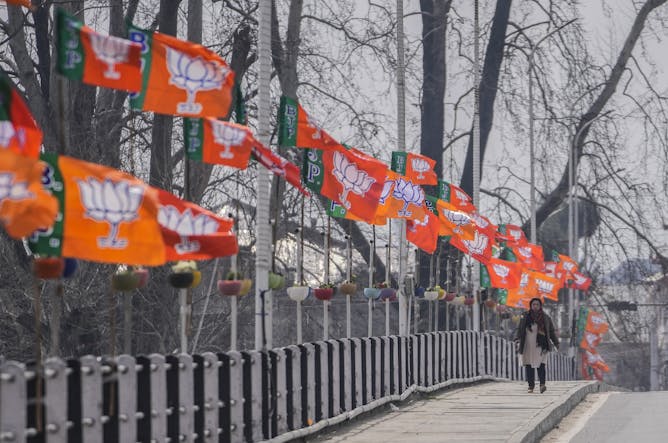
Leoni Connah, Flinders University
Prime Minister Narendra Modi pledged major development projects in a visit to Kashmir last month. But many locals fear things will only worsen if the government is reelected.
|

Divna Haslam, Queensland University of Technology
In our house, we watch Bluey guilt-free. Here’s why.
|
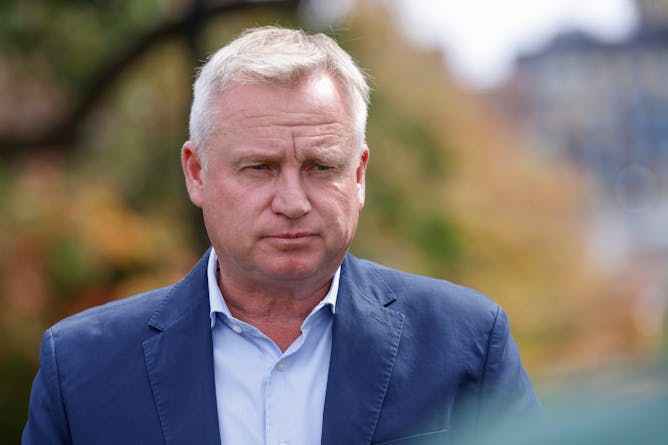
Adrian Beaumont, The University of Melbourne
While it was clear the Liberals were set to govern in minority weeks ago, the end of the vote count leaves the party with one less seat than expected, making forming government harder.
|
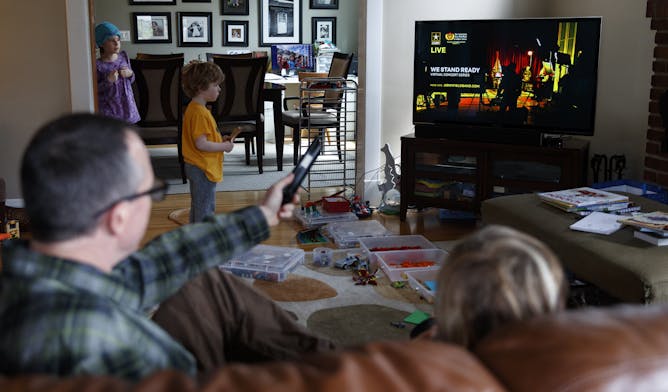
Elise Waghorn, RMIT University
Most children will eventually consume news and current affair programs, but is there a way for parents to minimise the impacts of distressing media?
|
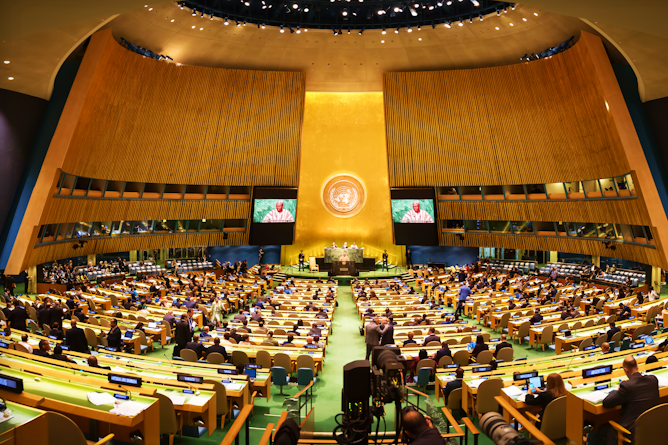
Kerrie Sadiq, Queensland University of Technology; Richard Krever, The University of Western Australia
Australia has backed a move to ensure multinational corporations at least pay some tax in the countries in which they operate, but has baulked at going all the way.
|

Michelle Grattan, University of Canberra
Inquiry into supermarkets finds that the mandatory code should apply to supermarkets with annual revenues of more than $5 billion and should consider increasing infringement notice amounts.
|
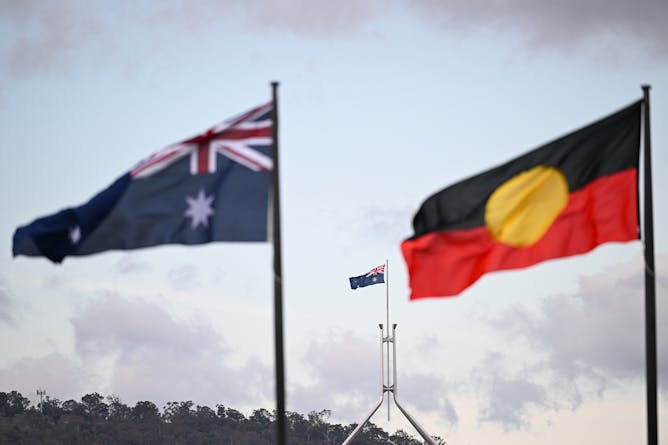
Wendy Hargreaves, University of Southern Queensland
A national anthem is supposed to reinforce a nation’s identity. Are we fine with singing Advance Australia Fair for another 50 years?
|
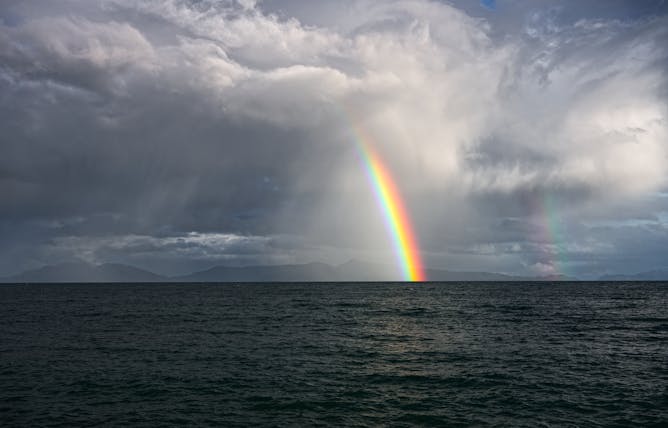
Tahereh Alinejadtabrizi, Monash University; Steven Siems, Monash University; Yi Huang, The University of Melbourne
A lack of human activity in the Southern Ocean is just one reason why the air is so clean. Clouds and rain play a vital role in scrubbing the atmosphere, removing natural airborne particles too.
|

Beatrice Alba, Deakin University
Jodi McAlister is an expert in romance – and The Bachelor – in her day job. Her entertaining rom-com trilogy tells egalitarian stories of romance in the setting of a reality-TV dating show.
|

John Frederick Wilson, York St John University
A bereavement counsellor explains how to cope with the loss of a parent.
|
Politics + Society
|
-
Guy C. Charlton, University of New England
New Zealand’s councils are over-reliant on ratepayers to cover increasing costs. Central government needs to help support councils to do the work that helps local communities thrive.
|
|
Health + Medicine
|
-
Karleen Gribble, Western Sydney University; Naomi Hull, University of Sydney; Nina Jane Chad, University of Sydney
Formula-fed babies can switch to cow’s milk from six months, so long as they’re getting enough iron in their diet.
|
|
Science + Technology
|
-
Stephen Hughes, The University of Queensland
Textbooks often show Earth’s orbit around the Sun as an almost egg-shaped ellipse. The real story is very different.
|
|
Arts + Culture
|
-
Peter Tregear, The University of Melbourne
Beethoven initially composed the work for the enthronement of his friend as archbishop. Two centuries on, it has endured the test of time.
|
|
Business + Economy
|
-
Steve Worthington, Swinburne University of Technology
Cash is still important to many Australians as a store of wealth and an alternative means of payment.
|
|
| |
|
|
|
James Cook Univeristy
Cairns QLD, Australia
•
Contract
|

|
|
The Conversation AU
Melbourne VIC, Australia
•
Full Time
|

|
|
University of Wollongong
Wollongong NSW, Australia
•
Full Time
|

|
|
|
|
| |
| |
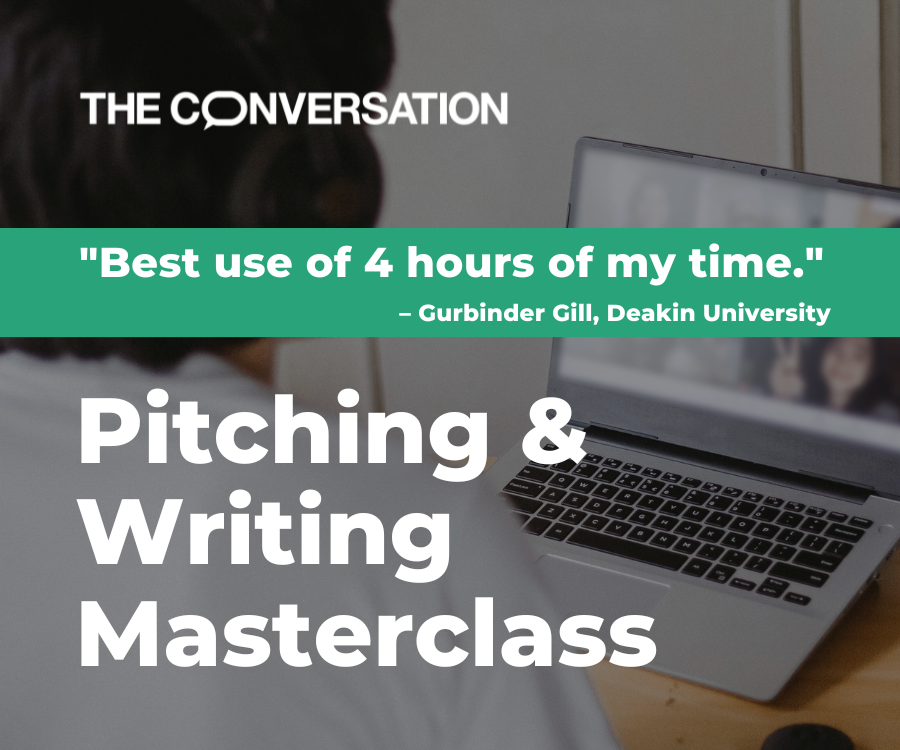
|
| |
| |
| |
Featured Events, Courses & Podcasts
|
View all
|
|
|
|
| |
| |
| |
| |
| |
|
|